Female Athlete Welfare: helpful online course via this site
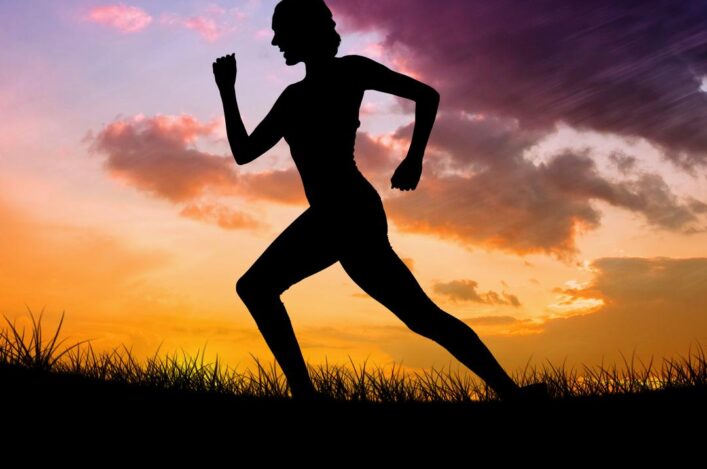
We are pleased to have added links to a useful online course, Working With Female Athletes, to our website, to help everyone in the sport seeking to improve their practice in this area.
The course is located with the other resources available in the Health and Mental Wellbeing section of the website.
It is provided by the sportscotland Institute of Sport, is free of charge, and suitable for coaches, athletes, parents, and anyone else interested in the welfare of female athletes of all ages.
The course should take around 40 minutes to complete.
The course is provided by the sportscotland Institute of Sport’s Female Athlete Performance Working Group of inter-disciplinary specialists.
The group’s aim is to develop a wider understanding of female athletes and the related support being delivered.
We are particularly keen to promote this course in the wake of the recent Female Athlete Health Report from Kyniska Advocacy.
That report came after responses from women across a wide variety of sports and found that:
- 36 per cent of respondents had knowingly ignored missed periods, thinking this was normal for an active person.
- 74 per cent “felt as though [they] do not look like an athlete”, with 43 per cent having had less enjoyment from exercise because they were worried about how they looked.
- 51 per cent had experienced at least two symptoms of RED-S (Relative Energy Deficiency in Sport); 37 per cent experienced three or more symptoms; and 18 per cent experienced five or more.
- An athlete who strongly agreed that their coach was well informed about female athlete health suffered an average of 3.2 RED-S symptoms, while an athlete who strongly disagreed that their coach was well informed, suffered an average of 4.3, suggesting that an athlete with an uninformed coach can be expected to suffer 36% more RED-S symptoms.
It also found that:
- Only four per cent of participants had received support from National Governing Bodies on these topics.
- 56 per cent said they would use a website with resources and advice; 34 per cent would like online workshops and courses.
The course is a simple introduction to the topic, and considers how female athletes’ life experiences can be taken into account so they can enjoy sport while staying safe and well.
It includes topics which are specific to female athletes such as menstrual cycles, and also looks at supporting female athletes through some of the challenges which can face athletes of any gender, such as RED-S and maintaining mental wellbeing.
There are also some additional resources including a downloadable RED-S factsheet and a Talk, Track, Manage factsheet with advice for athletes on discussing menstrual cycles with their coach.
Head of Performance Mark Pollard said: ‘We of course have an equal duty of care to all our athletes, but the Kyniska Advocacy report highlighted that there can be specific shortfalls in the way many sports understand and support female athletes.
‘The issue is clearly wide and complex, and this is only a small part of the jigsaw, but we’re pleased to be signposting resources that help people involved in athletics to be better-informed.
‘Open conversations on these topics can help develop coaching practices where athletes feel supported and can participate at the best possible level, while maintaining their physical and mental health, as well as helping athletes feel confident to advocate for themselves.’
+++
Tags: Kyniska Advocacy
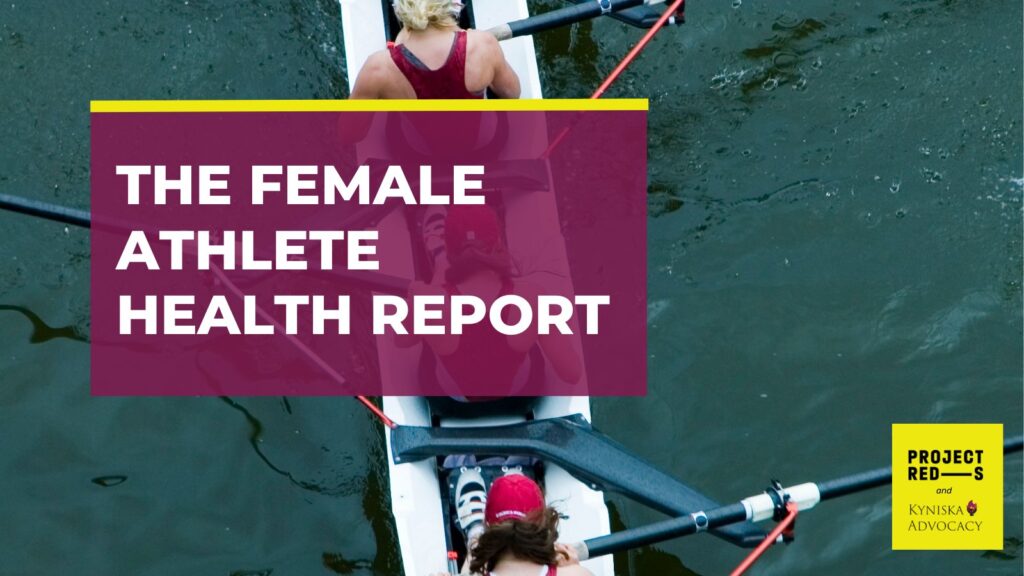
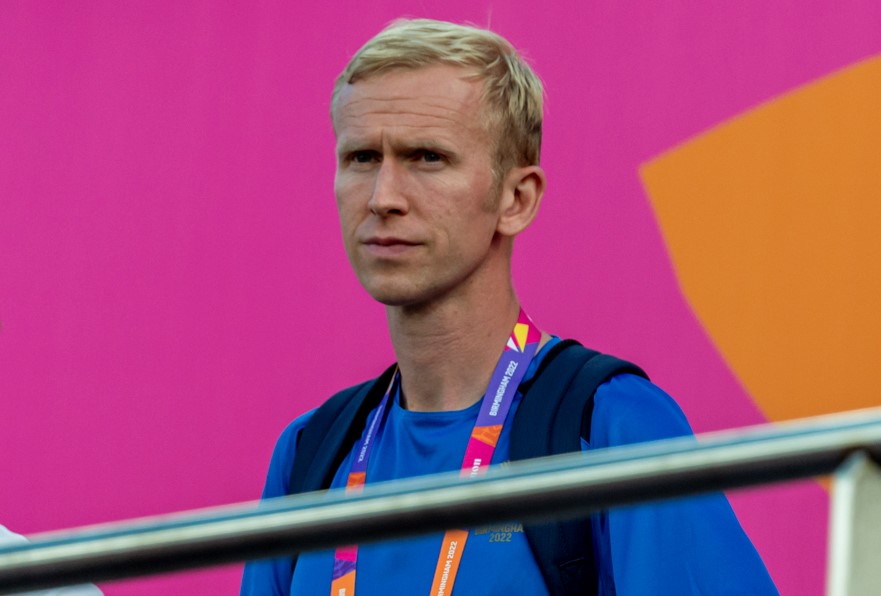

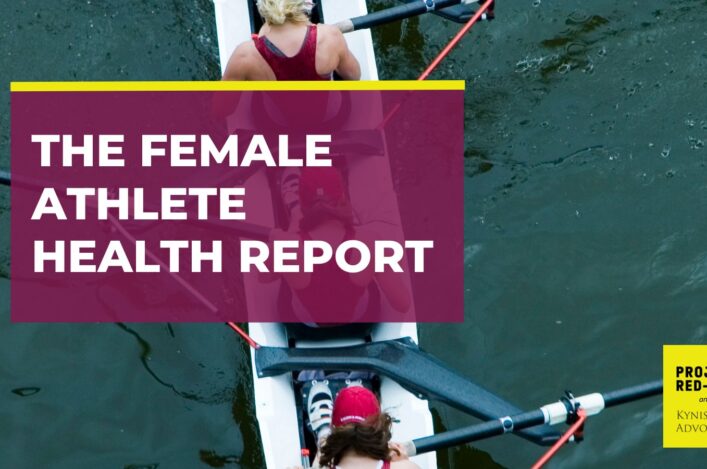



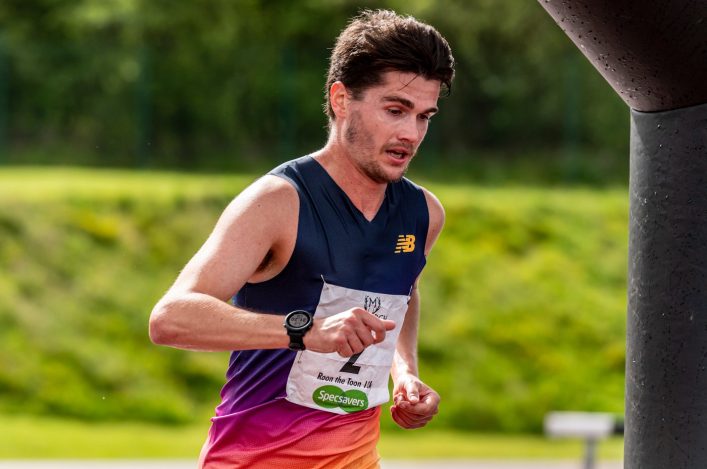
Latest Facebook update
7 hours ago
Five top Scots land Road Race GP shares - with 5k Champs up next - Scottish Athletics
www.scottishathletics.org.uk
RRGP RD3 Five athletes have landed shares in the Scottish Athletics Road Race Grand Prix following the London Marathon. The event hosted our ScottishShare on Facebook Share on Twitter Share on Linked In Share by Email